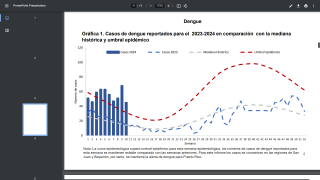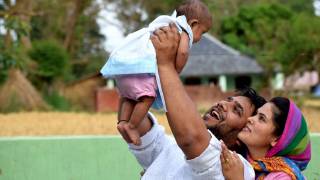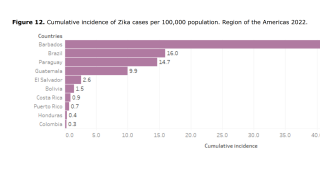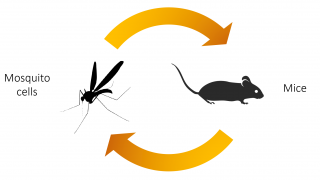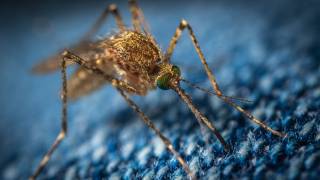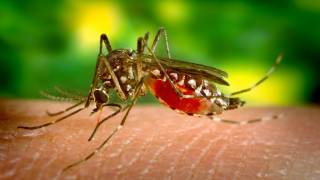Zika Vaccine Studies Struggling
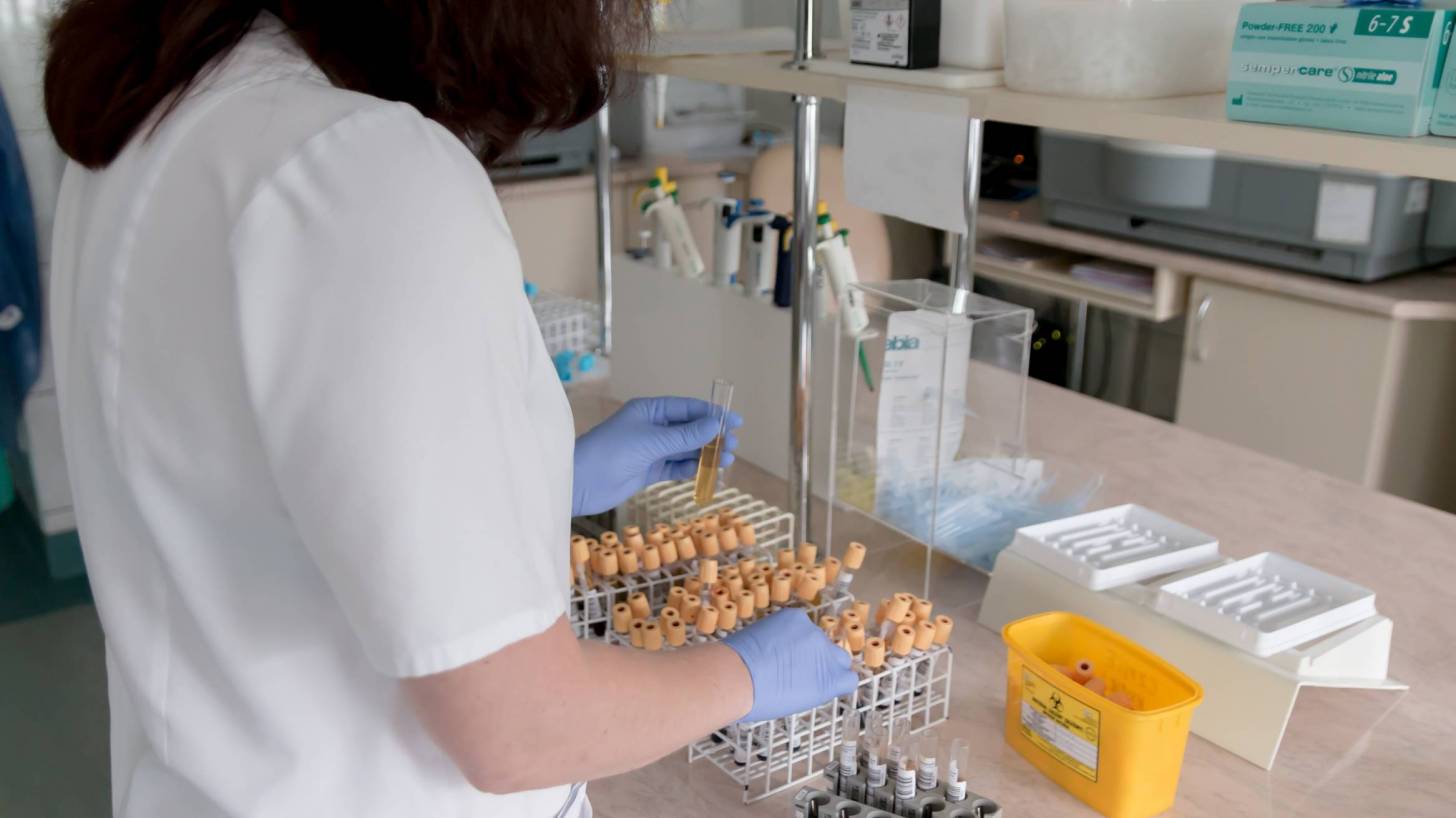
A Zika vaccine candidate clinical trial is underway at 17 sites in 9 countries but faces an unexpected challenge, patient recruitment.
Since new cases of Zika are seldom reported, most people vaccinated in this clinical trial may never be exposed to the virus.
Which could make it impossible to determine if the vaccine candidate actually works, reported Jon Cohen, with ScienceMag.org.
"Right now, there are no infections, and certainly not enough to even think about an efficacy signal at this point," said Anthony S. Fauci, director of the U.S. National Institute of Allergy and Infectious Diseases (NIAID), which launched this Zika vaccine trial.
Human trials of other Zika vaccine candidates at earlier stages are also stalled.
But NIAID and others are pressing ahead, saying a vaccine might someday be needed.
Launched in March 2017, NIAID's placebo-controlled, Phase 2 vaccine trial included 2 sites in Brazil.
When Zika hit Brazil, a public health emergency was declared during 2016, given its link with microcephaly.
But, from January through June 2017, Brazil's Ministry of Health reported fewer than 7,000 probable Zika cases.
"It's a good dilemma because we don't have Zika anymore," says Esper Kallás of the University of São Paulo in São Paulo, Brazil, principal investigator for the local NIAID site.
"But it's a dilemma. Everybody is concerned about it."
Further complicating this clinical trial, many people throughout Latin America and the Caribbean have already been infected with the Zika virus and have recovered. This has left them immune to the virus and hence ineligible for vaccine trials.
To make up for the lack of new Zika cases, other investigators are turning to an unusual, and ethically complex, strategy.
According to Jon Cohen, ScienceMag has learned the NIAID plans to test a vaccine candidate by deliberately infecting people with the Zika virus.
Researchers have used this strategy, known as a human challenge trial, for decades to test vaccines against diseases that either can be effectively treated or, like Zika, typically cause mild symptoms.
But in 2017, an ethics committee convened by NIAID and the Walter Reed Army Institute of Research, said human challenge trials are "premature" for Zika.
They worried that people intentionally infected with the virus might transmit it to their sexual partners.
Now, the study is being considered again.
"If they're careful, we have no problem supporting it," Dr. Fauci says.
‘The much larger NIAID trial could also pay off, even if it doesn't show whether the Zika vaccine is effective. It will yield data on safety and immune responses; combined with animal data on efficacy, the results might be enough for the U.S. Food and Drug Administration to license the vaccine,’ Dr. Fauci said.
"Zika was a very ominous threat just a couple of years ago, and there is certainly the possibility that it is going to come back," Dr. Fauci said.
The first confirmed case of Zika virus infection in the Americas was reported in Brazil in May 2015, although studies indicate the virus introduction as early as 2013.
Zika rapidly spread across Brazil and to more than 50 other countries and territories on the American continent.
The Aedes Aegypti mosquito is thought to be the principal vector responsible for the widespread transmission of the virus. However, sexual transmission has also been reported.
"It's a risk that you'll spend this money and never use the vaccine, but balancing the importance of this infection and the impact it could have, we felt it was a good decision to move ahead.”
“And I would be happy to defend that anywhere," said Dr. Fauci.
Our Trust Standards: Medical Advisory Committee
- Phase 2 Zika Vaccine Trial Begins in U.S., Central and South America
- As massive Zika vaccine trial struggles, researchers revive plan to intentionally infect humans
- The Zika Virus Epidemic in Brazil: From Discovery to Future Implications
- Implications of Zika virus and congenital Zika syndrome for the number of live births in Brazil
- Lessons Learned at the Epicenter of Brazil’s Congenital Zika Epidemic: Evidence From 87 Confirmed Cases


